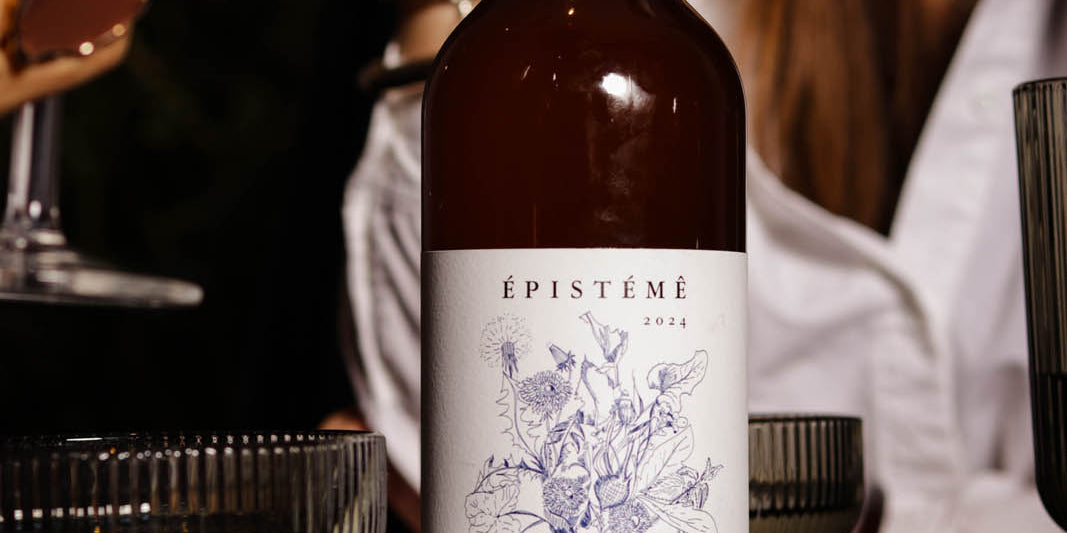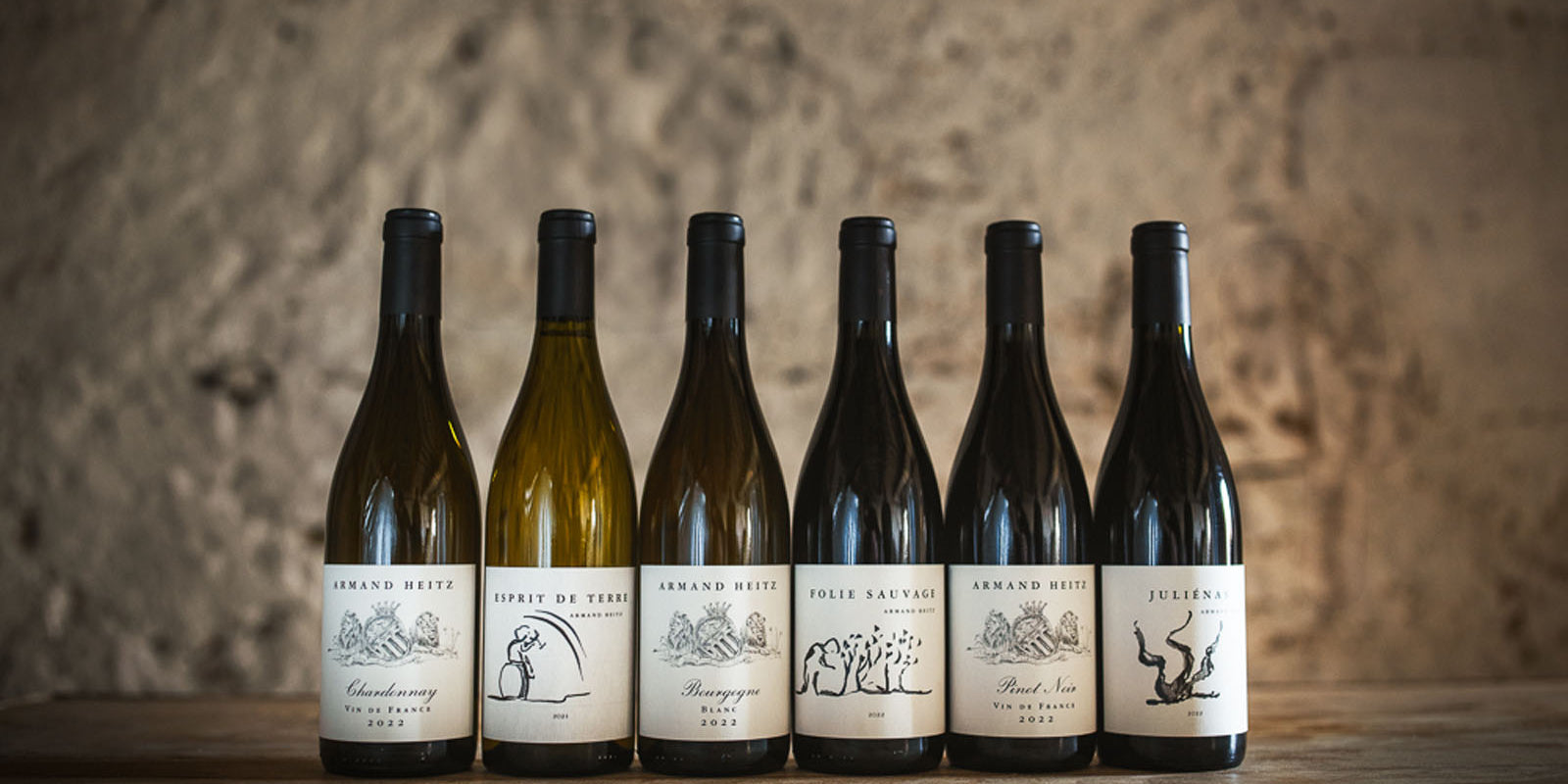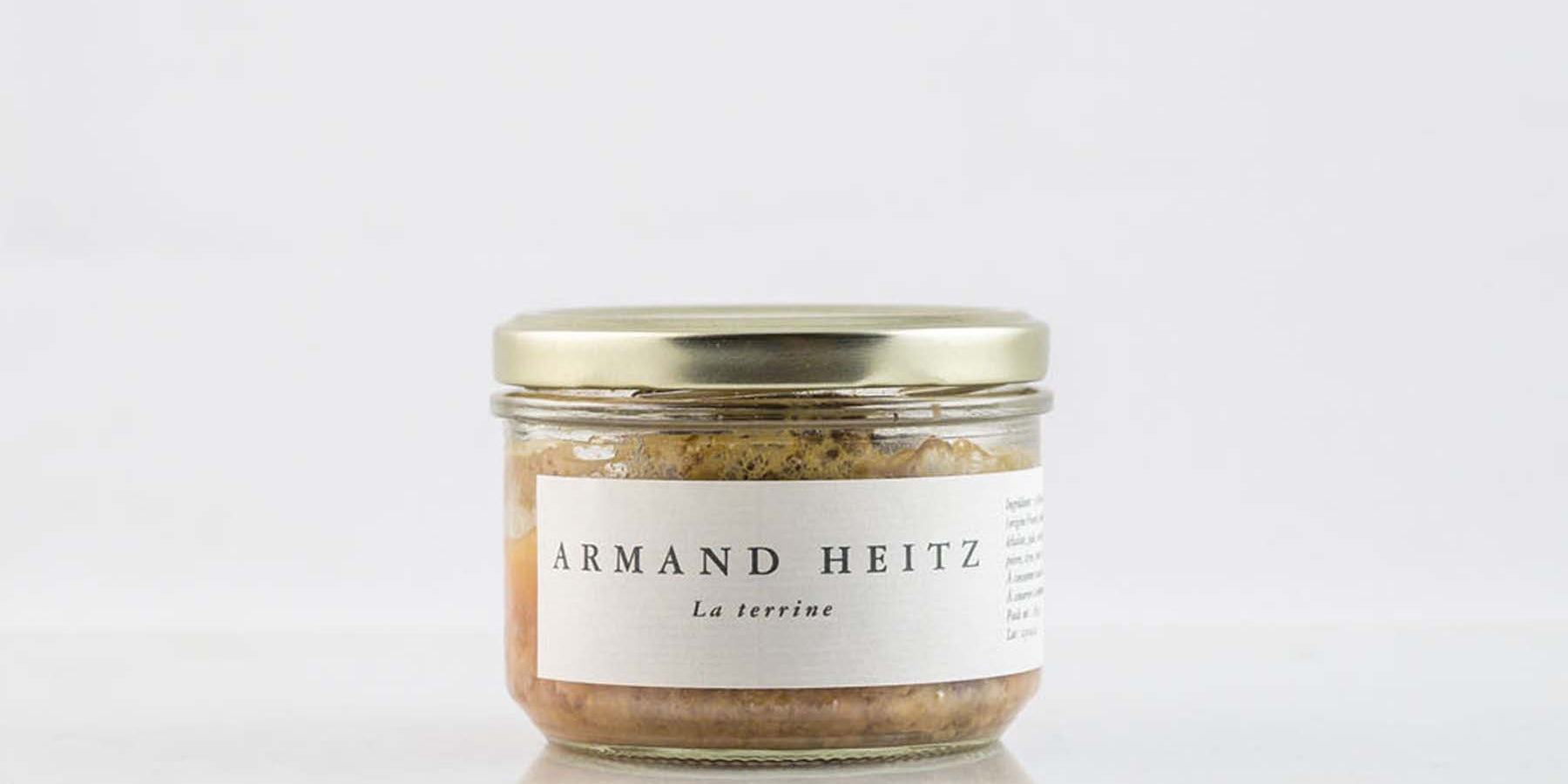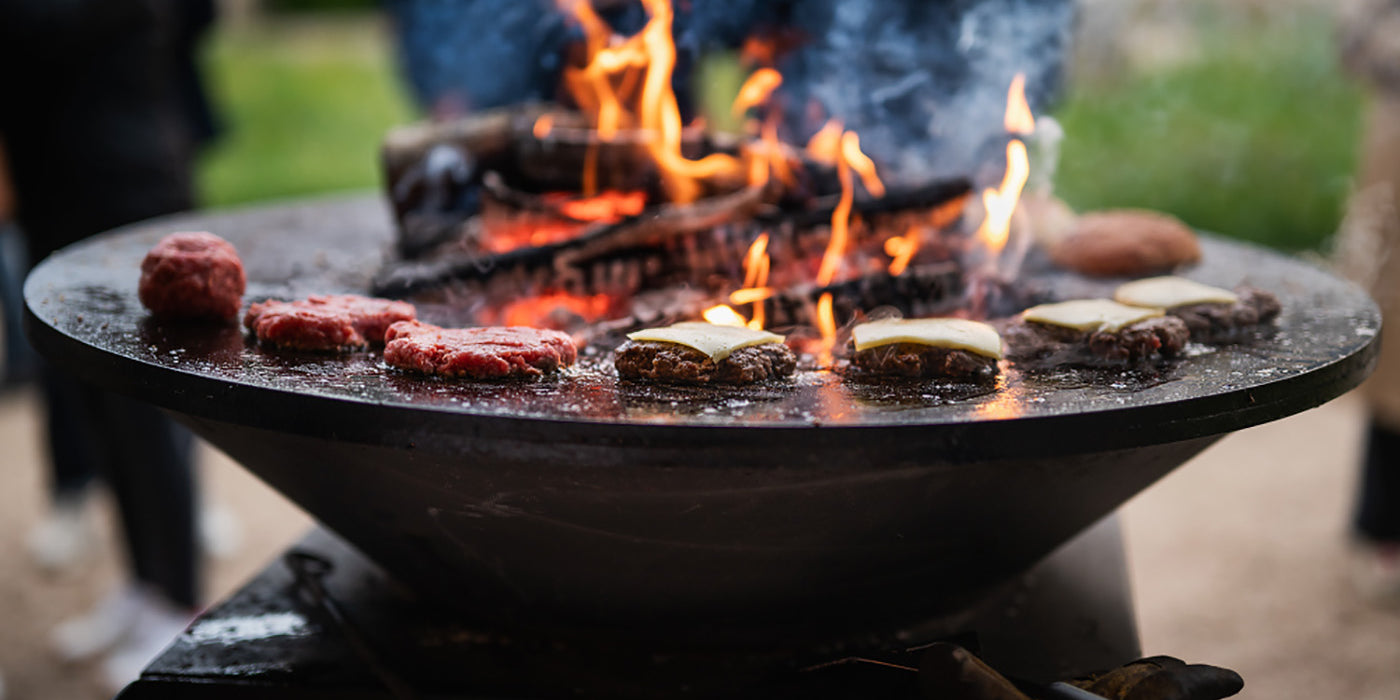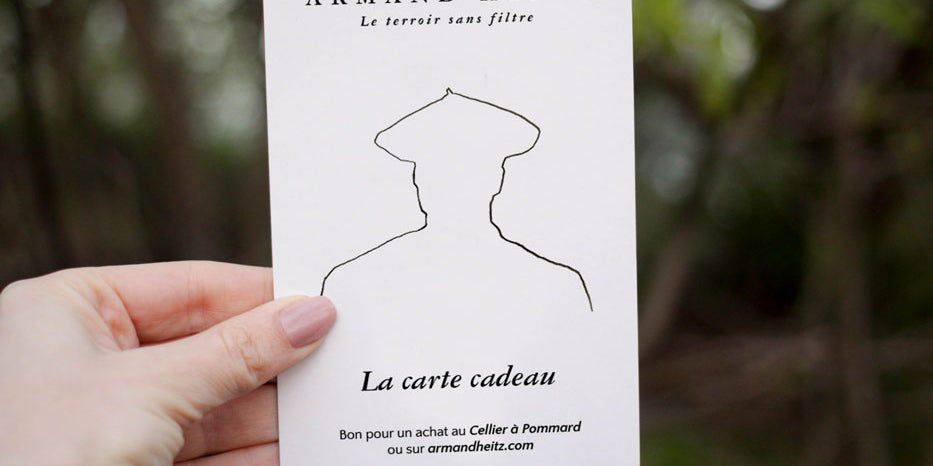Do you remember the Trojan War? This war which opposed the great Greek kings, the Achaeans Agamemnon, Ulysses, Achilles, to the Trojans Priam, Hector and Paris is the subject of Homer's Iliad, which recounts a few last days of ten years of fiery struggles at the foot of the Trojan walls. But it's not just a huge battle song, it's an ode to the most divine of nectars! Like many authors of antiquity, Homer - Vinos Homerus, said Horace - sang of wine. His poetry is so powerful and beautiful that it still throbs in our ears.
“around the dead, the blood flowed in whole cups. » (XXIII, 34)
Two thousand years ago people drank very differently from today: wine was mixed with water in a crater, from which it was drawn with a cup. The greater the portion of wine, the more the host – or the moment – is honored. In canto 10, to restore the wounded Machaon warrior, Nestor has him prepare a kykeon, a subtle blend of honey, wheat, grated cheese, onions and wine.
In the Iliad, wine heals, restores, restores courage, gathers after each day of battle, and drunkenness is mocked. It is also a link with the divine: no meal begins without libations to the gods, wine is thrown on the ground or in the flames. Big anger of Zeus when he does not receive the offerings! And on Mount Olympus it's like among mortals. In the first song, Hephaestus, god of flames and master of the divine forge, is on duty:
“He, however, served the other gods to his right,
poured out the sweet nectar he had drawn from a crater. » (I, 597-98)

His graces, his blessings are crystallized in the person of Achilles. I didn't invent anything that follows, everything is in Homer's text. From the first pages, Achilles is furious: in great disagreement with Agamemnon, he has packed up his Myrmidons and refuses to return to battle. Saturated with anger and great wisdom, he does not enter the fight until the twentieth canto, but the entire Iliad burns with his absence! His mother — Thétis, immortal Nereid — “nurtured him like a plant on the side of the vineyard”: a vine! Phoenix, his tutor, introduced him to wine while he was still jumping on his knees. He is the strongest of the Achaeans, invincible, indomitable, he never yields to the prayers of Ulysses, Nestor and the others, it is the death of his adored Patroclus that brings him back to battle.

"a single path led to the vineyard,
through which the porters passed during the harvest season.
Young girls, young boys with delicate thoughts,
in woven baskets, bore the desirable fruit. » (XVIII, 365-68)
While he doesn't want to eat or drink before going to fight because he is still mourning Patroclus and only knows the urgency of going to massacre the Trojans, Zeus is moved, sends Athena: “she poured the nectar and desirable ambrosia To my left, therefore, Achilles the Greek, nourished by the earth and the skies, the one who drank the nectar and grew like the vine, immense, very handsome (he forever bears the features of Brad Pitt despite this ugly 2004 film adaptation), which shines with a celestial glow, black anger.On my right: Hector le Troyen And the Iliad seems nothing more than a very large and sublime cathedral which must contain and enhance the fight they are about to engage in. Hector who killed Patroclus without greatness in the gesture, he, did not drink the wine. "Do not hand me the honeyed wine of the soul, O my valiant mother, Big mistake! For the gods feast on the spectacle of men, their offerings and the blood shed. Serious error, because men feed on the fruits of the earth, divine benefits. Then Hector dies under the spear of Achilles. He refused the wine of Hecuba, his mother who urged him to regain strength and offer libations to the gods, because she knew that one cannot be only human to win the battle. Blandine Bacconnet Photographs: @jibpeter The quotes are taken from The Iliad, translation by Philippe Brunet, Editions du Seuil, 2010.
into the bosom, saving her knees from desolate hunger. » (XIX, 353-54)
do not remove the ardor from my body, I shall lose my courage .
With dirty hands, I dare not pour the wild wine as an offering
to the Cronid: who is stained with blood and earth
will not pray to the dark-clouded Cronid Zeus! » (VI, 264)


